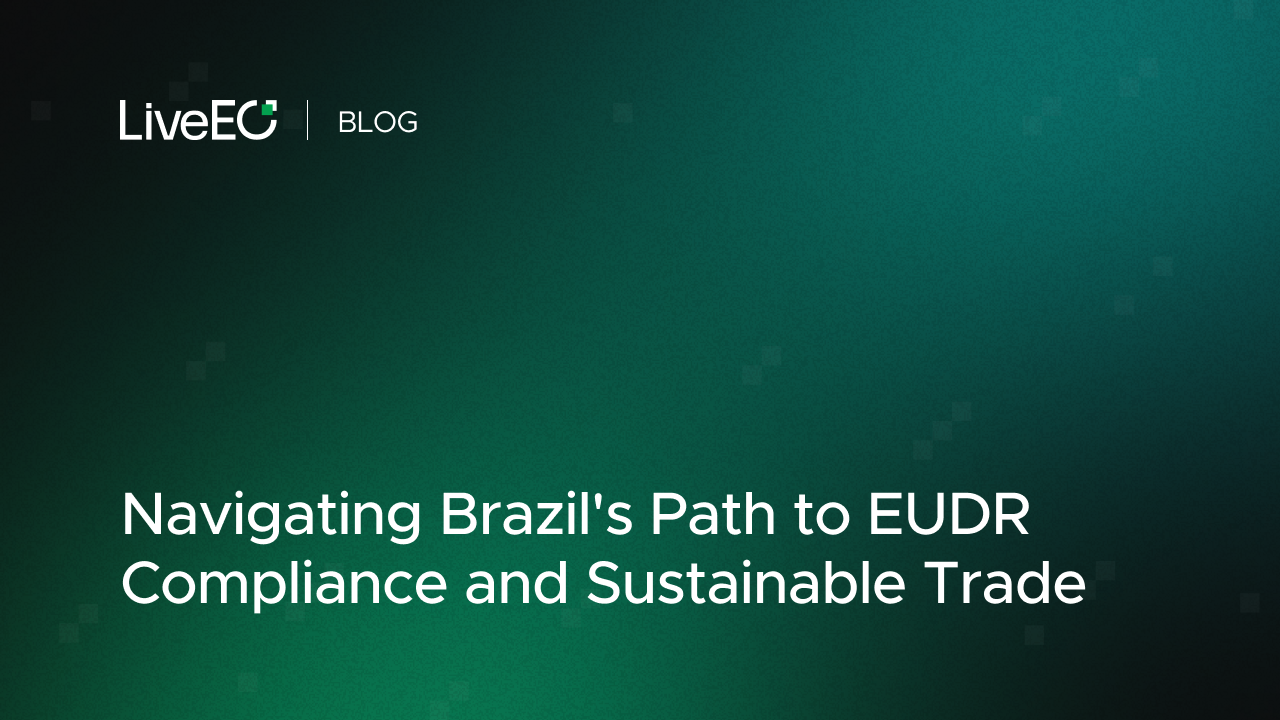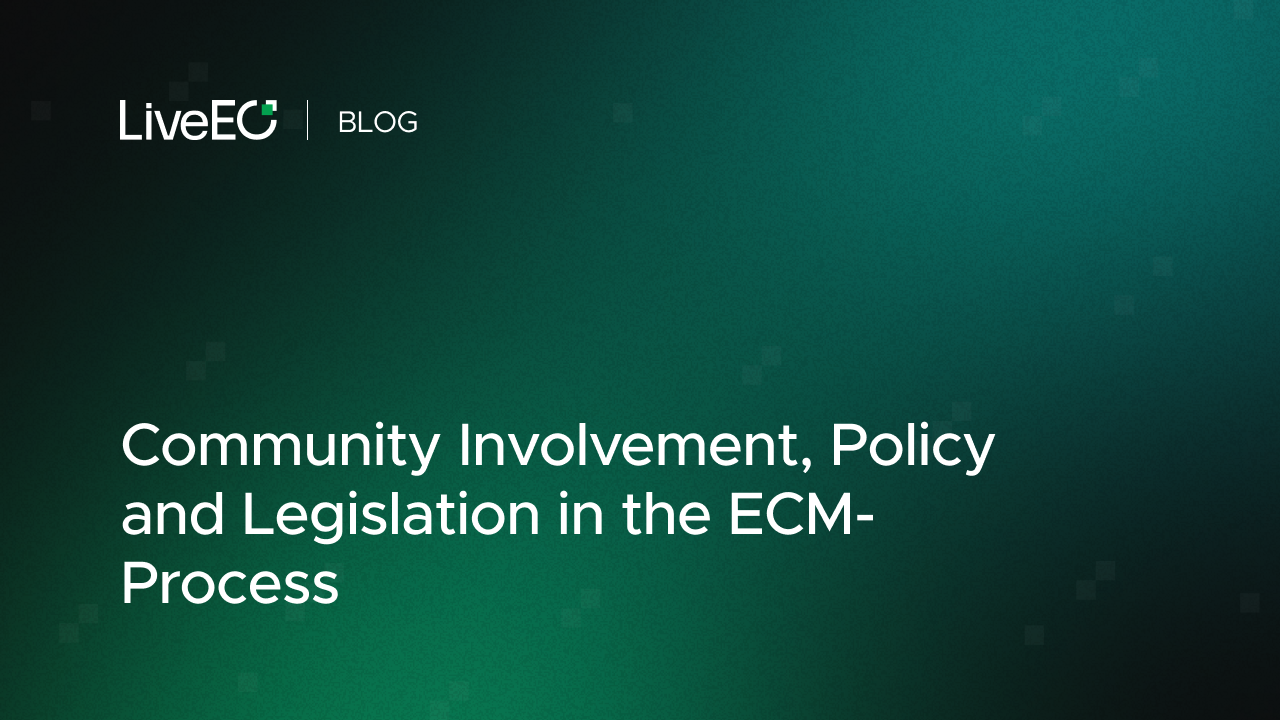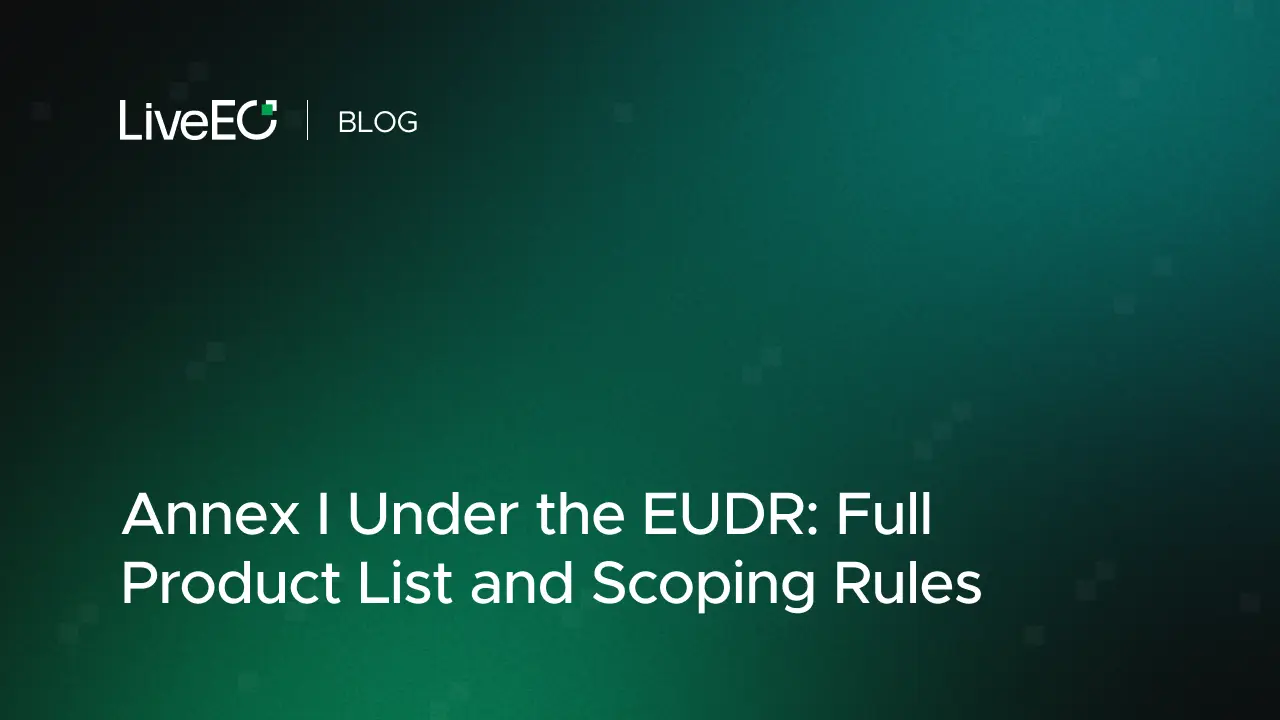On May 31, 2023, the European Union (EU) took a decisive step to combat global deforestation with the introduction of the European Union Deforestation Regulation (EUDR). This new regulation is set to reshape the way commodities, cattle, soy, oil palm, coffee, cocoa, wood, and rubber, are traded with the EU, particularly for countries like Brazil, which have been marked as high-risk due to their deforestation rates. In this extended analysis, we delve into the intricacies of EUDR and its multifaceted impact on Brazil's environmental and trade policies, as well as its agricultural and forestry industries.
Dive deep into EUDR's effects on Brazil and then explore its impact on Malaysia.
Understanding the European Union Deforestation Regulation (EUDR)
The EUDR marks a significant shift in the EU's approach to environmental conservation, targeting the import and trade of deforestation-linked commodities. Its goals align with the broader European Green Deal, aiming for GHG emissions neutrality by 2050, and the Farm to Fork strategy, which is reshaping the EU's agricultural footprint. The regulation requires rigorous due diligence, transparency, and traceability in supply chains, effectively excluding products sourced from deforested areas post-December 31, 2020.
EUDR's Impact on Brazil: A High-Risk Region
For Brazil, a major supplier of the commodities in question, the EUDR has profound implications. The nation's vital trade links with the EU, worth an estimated US$ 17.5 billion in 2022, are at stake. The EU's classification of Brazil as a high-risk country necessitates a higher level of due diligence, thrusting Brazilian producers into a race against time to comply with the stringent requirements set for December 30, 2026.
The Ripple Effect on Brazil's Agriculture and Forest Industry
Brazil's industry must now undertake a transformation to ensure supply chain integrity:
{{inline}}
- Stricter Supply Chain Transparency: Industries will need to demonstrate the deforestation-freestatus of their supply chains, necessitating robust traceability systems.
- Enhanced Accountability Measures: Operators are tasked with the responsibility to ensure their products meet the EUDR's criteria, with the burden of proof resting on their shoulders.
- Impact on Trade & Commodities: Non-compliance could jeopardize Brazil's trade relations with the EU, especially for commodities pivotal to its economy.
Navigating Compliance: Challenges and Opportunities for Brazil
While the EUDR presents a compliance challenge, it also opens doors for Brazil to innovate and enhance its environmental credentials. Opportunities lie in:
- Strengthening Policy Frameworks: Leveraging its sophisticated framework of environmental policies, Brazil can align its objectives with the EUDR, reducing deforestation and GHG emissions, and protecting biodiversity.
- Technological Advancements: By integrating LiveEO's EUDR compliance solution, businesses gain access to advanced monitoring and verification capabilities, ensuring their supply chains meet the stringent standards of sustainability and responsible environmental stewardship.
- Market Access: Effective implementation of environmental policies can serve as a sustainability certificate, potentially increasing Brazil's market share in Europe and beyond.
Brazil's Environmental Policies in the Face of EUDR
Brazil's legal and policy frameworks, such as the Forest Code and the Rural Environmental Registry (CAR), are pivotal in the nation's efforts to meet EUDR requirements. However, the challenges lie in the implementation. The analysis phase of the CAR, the integration of environmental monitoring systems, and the adaptation to new trade demands require significant effort and collaboration between federal and state governments, industry, and civil society.
Conclusion: A New Paradigm for Brazilian Trade and Sustainability
The EUDR is not merely a regulation; it is a call to action for Brazil, an opportunity to solidify its position as a leader in sustainable agriculture and to demonstrate its ability to balance economic growth with environmental stewardship. As Brazil navigates this new landscape, the country's response to the EUDR will serve as a benchmark for its commitment to sustainability and its role in the global market. The question "What does EUDR mean for Brazil?" thus transcends compliance, it encapsulates a vision for a future where trade and environmental conservation go hand in hand.








